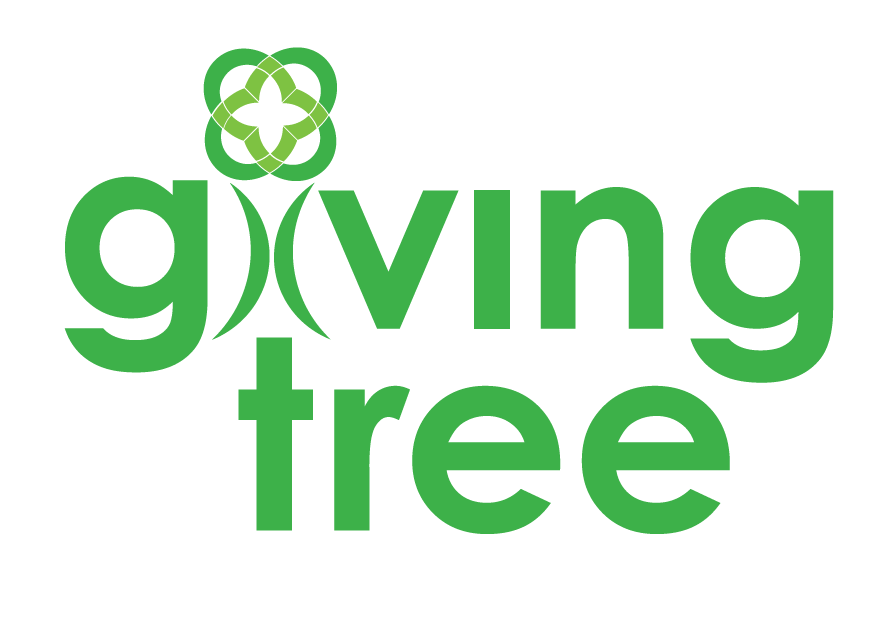Who’s Eligible
Giving Tree grants are place-based, meaning that your organization must serve one of the areas where we’re currently making grants. Please note that if you’re applying for funding on behalf of a regional or statewide organization, your proposal is more likely to be successful if you can demonstrate that the project will be based in or have a direct impact on the county where you’re applying.
Any 501c3 public charity, school, hospital or government agency serving the counties where we’re making grants is eligible to apply.
See “Where We’re Currently Making Grants” ( below) for more information about the specific interests and priorities for each of the affiliates accepting proposals during the current Giving Tree cycle.
What We’re Looking For
See “Where We’re Currently Making Grants” (above) for more information about the specific interests and priorities for each of the affiliates accepting proposals during the current Giving Tree cycle.
When you apply, we’ll ask you to share some basic information about your organization, including:
- Your mission and purpose. What need or opportunity in the community does your organization address?
- Description of your funding request. How will you use a grant from the Community Foundation, and what will the impact of this grant be, for your organization and for the community you serve
- Potential outcomes. What will success look like? How will you know or measure whether you’ve been successful?
- Budget. What are the expenses related to your request? Which pieces will be paid for using a Community Foundation grant, and which pieces will be covered by funding from other sources?
- We’ll also ask you to indicate whether you’re requesting “capacity building support” or “program/project support.” What’s the difference?
Capacity building – these are funds focused on improving the effectiveness of your organization. Examples are:
- Purchasing or upgrading equipment for staff use (computers, a financial database, security system)
- Upgrading your facility in ways that will allow you to serve more clients (buying a new refrigerator for a food pantry, replacing recalled cribs in an early childhood education facility)
- Providing training for staff, board or volunteers
- Hiring a consultant to help your organization develop a strategic plan or fundraising plan
- Communications/marketing consulting or start-up assistance, including help with branding, developing a social media presence, promotional materials, e-news campaign or other outreach strategy
- Developing an evaluation system to track the effectiveness of your program
- Organizing shared services with other nonprofit organizations, such as shared IT support, back-office admin support, financial services, etc.
Project/program support (NOTE: most grants fall into this category) – these are funds designated to help you carry out a specific project for the clients you serve. Examples are:
- Providing food to a larger number of food pantry clients
- Establishing a book mobile to bring library books to low-income neighborhoods
- Offering dental screenings through school-based health centers
- Creating a new exhibit at a museum
- Matching students with adult mentors
- Providing care and case management for victims of domestic violence
- Adding tutoring services to your after-school program
The following factors are considered, although not exclusively, in reviewing proposals:
- Likelihood of the project to make a significant difference in the community
- Likelihood of our grant to make a significant difference for the organization (in other words, is the size of our grant a good fit for the size and scope of the request?)
- Evidence of a plan to measure or evaluate the success of the proposed request
- Organization’s ability to carry out the proposed request successfully
- Clarity and thoroughness of responses to application questions
- Impact on the county/ies served by the affiliate to which you’re applying. Please note that if you’re applying for funding on behalf of a regional or statewide organization, your proposal is more likely to be successful if you can demonstrate that the project will be based in or have a direct impact on the county where you’re applying.
What We’re NOT Looking For
See “Where We’re Currently Making Grants” (above) for more information about the specific interests and priorities for each of the affiliates accepting proposals during the current Giving Tree cycle.
Each request is considered on its own merit. However, the following types of requests generally are not considered:
- Support for annual fundraising campaigns
- Support for capital campaigns
- Projects that address sectarian religious purposes
- Projects that are political in nature or have a political bias
- Multi-year proposals
- Scholarships or fellowships for formal education at any level
- Funding for salaries
If you have questions about whether your funding request meets our guidelines, contact the executive director of the affiliate in your area.
Also, please note that if you’re applying for funding on behalf of a regional statewide organization, your proposal is more likely to be successful if you can demonstrate that the project will be based in or have a direct impact on the county where you’re applying.


